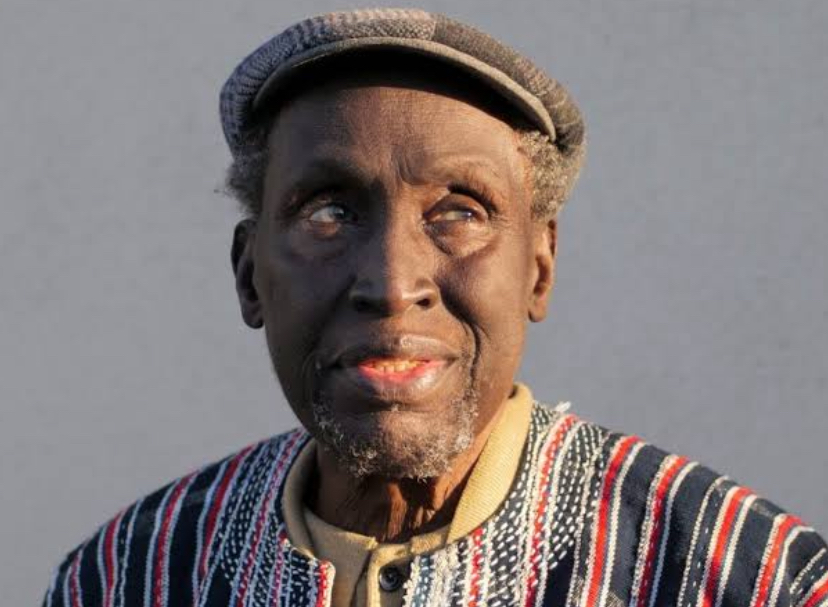Renowned Kenyan author, scholar, and activist Ngũgĩ wa Thiong’o has passed away, his family announced on Wednesday evening, 28 May 2025.
“It is with a heavy heart that we announce the passing of our dad, Ngũgĩ wa Thiong’o,” his daughter Wanjiku wa Ngugi shared in a poignant Facebook post.
“He lived a full life, fought a good fight.” Echoing his final wish, she added, “Let’s celebrate his life and work. Rîa ratha na rîa thŭa. Tŭrî aira!”—a Gikuyu phrase loosely translating to “With joy and sorrow. We are proud.”
The family has promised further details soon, with Wanjiku noting, “Our spokesperson, Nducu wa Ngugi, will announce plans for his celebration of life in the coming days.”
Memorial services and public tributes are eagerly awaited by fans and admirers worldwide. Ngũgĩ was 87 at the time of his passing.
NUPRC Receives Groundbreaking Engineering Audit Of Oil And Gas Measurement Systems
‘Clean Sweep Of European Trophies,’ Chelsea Defeat Real Betis 4-1 To Win Conference League
‘Shortly After Tawaf,’ Three Nigerian Pilgrims Die In Mecca + IDENTITIES
A towering figure in African literature, Ngũgĩ’s influence spanned continents, languages, and generations. Born in 1937 in Kamiriithu, Limuru, his novels—such as A Grain of Wheat, Petals of Blood, and Devil on the Cross—explored Kenya’s struggle for independence and its postcolonial identity.
A fierce advocate for African languages, he rejected colonial legacies, championing Gikuyu in his writing to resist cultural oppression.
His 1977 play Ngaahika Ndeenda (I Will Marry When I Want), performed entirely in Gikuyu, led to his detention without trial by the Moi regime, a pivotal moment that solidified his shift from English to Gikuyu, later translating his works for global audiences.
Ngũgĩ wa Thiong’o
Ngũgĩ spent decades in exile, teaching at prestigious institutions like Yale and the University of California, Irvine. Despite the distance, his heart remained in Kenya, evident in his activism and sharp critiques of injustice.
He also mentored countless writers and founded initiatives to promote African literature, leaving an indelible mark.
Tributes have flooded X, reflecting his global impact. @LitLoverKE wrote, “Ngũgĩ wa Thiong’o taught us to write our stories in our tongues. His courage against oppression shaped African lit forever.
Rest in power, mwalimu.” @GlobalReader23 shared, “From Weep Not, Child to Wizard of the Crow, Ngũgĩ’s words challenged empires. Heartbroken but inspired. #NgugiLegacy.”
Kenyan activist @JusticeNowKE added, “He exposed neocolonial rot and gave us pride in Gikuyu. Ngũgĩ’s fight lives on in us. #AfricanLiterature.”
@BookFanatic254 noted, “His exile never dimmed his love for Kenya. Ngũgĩ’s novels are our history, our mirror. We’ll celebrate him always.”
Ngũgĩ is survived by his children and grandchildren, many of whom are writers, academics, and activists, carrying forward his legacy. X user @FamilyTalesKE posted, “His kids like Wanjiku and Nducu embody his spirit—storytellers and truth-seekers. What a lineage! #NgugiLives.”
His 1986 book Decolonising the Mind remains a cornerstone, inspiring debates on language and identity, as @ScholarMuthoni tweeted, “Ngũgĩ’s call to decolonise our minds reshaped how I teach. His loss hurts, but his words endure.”
As the world mourns, it also heeds his wish for celebration.
Plans for literary tributes, readings, and events in Kenya and beyond are anticipated, with @NairobiLitFest hinting, “We’re planning a Gikuyu reading of Petals of Blood to honour Ngũgĩ. Stay tuned! #CelebrateNgugi.”
city Voice





